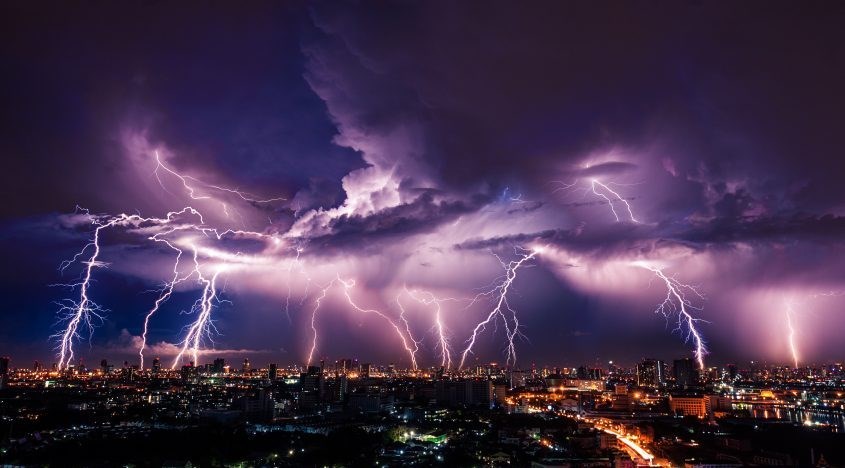If an emergency occurred tomorrow, such as severe weather or a natural disaster, would you be ready? Paul Davis Emergency services of Plano West, a leading provider of fire, water, mold and storm damage restoration services for residential and commercial properties, supports National Preparedness Month in September. Sponsored by FEMA within the Department of Homeland Security, the readiness program is designed to educate and empower Americans to be safe during all types of emergencies including natural disasters. This year, there’s a continuing emphasis on preparedness for youth, older adults, and people with disabilities and others with access and functional needs.
NOAA developed the Weather-Ready Nation initiative and the continuing theme, “Don’t Wait, Communicate. Make Your Emergency Plan Today,” which helps individuals and families prepare for sudden emergencies and disasters like hurricanes, tornados, earthquakes, flooding, wildfires, and even water main breaks.
Safety tips:
- Take Action – Know the specific hazards and risks in your area.
- Create a Family Emergency Plan – Know how to communicate during an emergency.
- Build an Emergency Ready Kit – both at home and in the car – that includes at least three days of water, food and first aid supplies to help you survive if you lose power or get stranded in your car.
- Be an example – Be a positive influence in your community by sharing your preparedness story on social media to help others learn how to prepare for an emergency.
- Get involved – Find out how you can promote preparedness in your community through the American Red Cross and Community Emergency Response Team (CERT).
For a basic emergency kit:
- Water – one gallon per person per day for at least three days
- Food – include packaged, non-perishable food
- Clothing – change of clothing and a sleeping bag for each person
- Radio – battery-powered or hand crank radio, a NOAA Weather Radio
- Cell phone and charger
- Flashlight
- Batteries – for the flashlight, radio and any other electronics
- First aid kit – sterile gloves, adhesive bandages, antibiotic ointment, gauze pads, iodine/alcohol pads, medical tape, pain reliever, emergency Mylar blanket, thermometer, prescription medications and supplies
- Portable waterproof containers – for IDs, insurance policies, bank account records, site maps, employee contacts, computer backup files, emergency and law enforcement information, and priority documents. Store a second set of records off-site.
Contact a licensed professional or restoration and emergency services company if damage to your home or business is significant. Qualified technicians are certified from The Institute of Inspection, Cleaning and Restoration Certification (IICRC). Visit the local office website at PaulDavisPlanoWest.com




